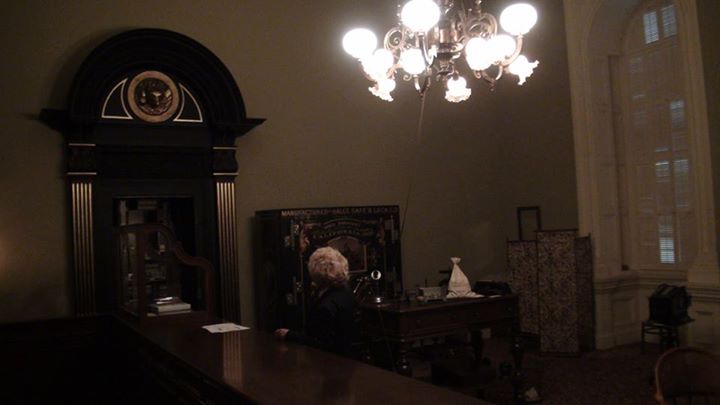
Thursday, 13 June 2013
And the commandment, which was to bring life, I found to bring death. Romans 7:10
When God gave Adam his one and only commandment in the Garden of Eden, it was intended as a means of life. Returning to the Genesis account again, we can see this –
“Of every tree of the garden you may freely eat; but of the tree of the knowledge of good and evil you shall not eat, for in the day that you eat of it you shall surely die.” Genesis 2:16, 17
Although a promise of death came with disobedience, it is thus inferred that the commandment was meant to bring life if obeyed. This is the nature of obedience. When a law is adhered to, one is fulfilling the intent of the law. However, as is noted, “the commandment which was to bring life, I found to bring death.” This wasn’t the commandment’s fault, nor the fault of the One who gave it. Instead, it was the fault of the person who didn’t follow suit in obedience. The same is found true under the Mosaic law –
“You shall therefore keep My statutes and My judgments, which if a man does, he shall live by them: I am the Lord.” Leviticus 18:5
Although stated in the positive, rather than in the negative as in Eden, the result is the same – “If you do these things, you shall live.” It wasn’t the fault of the law that one disobeyed. The law was good. It was also suited to produce good, not evil. However, evil ensued through disobedience of it, resulting in death.
Life application: When we look at the evil around us, or when we see calamity occur, we want to lash out at God. But this attitude fails to consider that He gave us free will and we have exercised it to our own detriment. The fact that evil exists isn’t God’s fault, nor does it mean He isn’t competent to end it. That evil isn’t ended yet has no bearing on what will someday be. His plan is greater than our temporary perceptions of the world around us. Have faith that He will bring all things to a satisfactory conclusion.
Glorious Lord God, forgive me when I lash out at You and blame You for the evil I see around me. I know that what You created is good and that it was through our own disobedience that evil entered the world. Remind me again of the promises in Your word that all evil will be dealt with and help me to wait patiently for that day, resting in Your sure promises! Amen.




